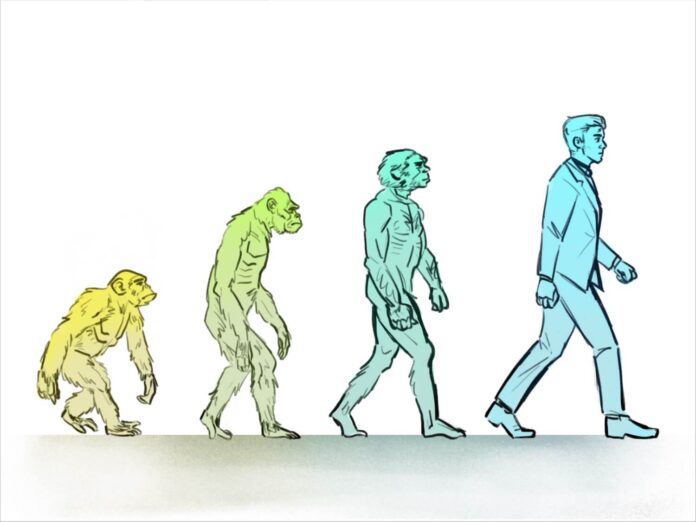In his 1946 book “Man’s Search for Meaning,” neurosurgeon and psychologist Victor Frankl details his experience as a Holocaust survivor. We follow Frankl through the depths of hell, witnessing painfully devastating conditions and humanity portrayed in its most raw and brutal state. The book is so moving that the Library of Congress called it one of “the 10 most influential books in the United States.”
Frankl writes that in his concentration camp only a “small percentage” of prisoners survived; he was a remarkable outlier. During his imprisonment and enslavement in Auschwitz, Frankl held on to a tiny manuscript describing his psychological thesis. He believed that meaning is central to the well-being and survival of human beings. His goal was to write about his experience and share his thoughts with the world, but he knew this was only possible if he survived. His book’s conclusion is that his desire to finish and publish the book, in order to help others, allowed him to beat insurmountable odds. Frankl reasoned that our psychology so strongly affects our biology that we can survive lethal conditions if our sense of purpose, our will to meaning, is strong enough.
Meaning is the most important thing in our lives. In 1967, 85.8 percent of Harvard students deemed developing meaning in their lives as “essential” or “very important.” In 2016 it was only 46.8 percent. Financial security has completely swapped with meaning in terms of priority for Harvard students over the past half century. This recent change is not because we are inherently vapid self serving creatures, it’s because the imposed systems that we have created are flawed.
The harsh reality is that it is getting increasingly harder to create a meaningful life after graduating college — you are right to be nervous about your future. We live in a financial dystopia and sometimes it feels like every white collar job comes with unnecessary stress and inescapable moral qualms. The economic incentives from the Hobbesian leviathan that determine our life choices have devolved to promote pointless and harmful work over constructive work.
In the book “The Mass Psychology of Fascism,” Wilhelm Reich writes about the deleterious consequences to individual and societal well-being when people stop viewing work fully, that is, when they start to view work exclusively as a means to a profitable end. When the writer views their piece in terms of money or the doctor reduces a patient to profit, they forget what their original and honest purpose is, and the efficacy of their work plummets. This distorted human perception is the current norm and has enormous direct and indirect consequences.
Faced with the desire for economic security and the seemingly mutually exclusive desire for meaning, it can be easy to get overwhelmed. It can feel like life is only going to get worse and is defined by plus ça change.
The liberal arts education feeds into this phenomena; we spend tens of thousands of dollars to learn about the world, and many of our classes seem to point out the injustices that plague our lives, without ever preparing us to thrive given those flaws.
There is a real physiological phenomena that happens to organisms when they believe they can’t escape, when they have determined that change is impossible — they shut down and give up. It’s called learned helplessness and the defining early work was done by Curt Richter in 1957.
He found that when he trapped rats in water tanks, they would stop trying to escape, and just give in. They would end up drowning themselves in less than two minutes. But, Richter also figured out that to cure the rats’ helplessness he had to let them escape.
After helping rats escape the tank, Richter discovered that when the escapees were placed back in the water tank they would swim for up to two days. Richter demonstrated that believing in the possibility of change allows it to flourish and develop. Just as Frankl’s unwavering desire to actualize his dream of publishing his book propelled him to survival, belief in yourself stemming from a futuristic meaningful vision can propel you to overcome ridiculous odds.
So, don’t give up hope for yourself or for our species. As theoretical physicist Kirill Stanyuvich said:
“Man is still very young. His recorded history spans less than 10,000 years from the ancient civilizations. Less than 50 years have passed since there emerged on earth a social system throwing open boundless opportunities for man’s creative powers, once shackled with social chains.”
Just as humans have recently became more selfish and profit oriented, as exemplified by the Harvard survey, the opposite can also happen.
Understanding why you want change and understanding that change is possible dramatically increases the likelihood of it happening, and in some sense it actualizes your goals. After all, the future doesn’t start to change until you start to believe in it.
Contact Bennett Michaels at bmichaels@oxy.edu
![]()































